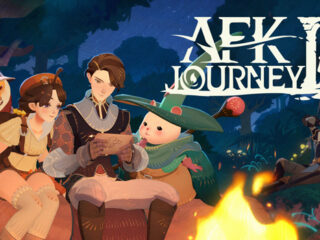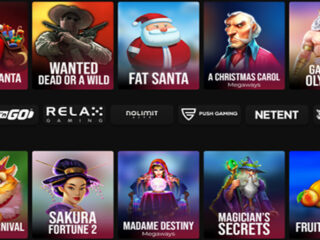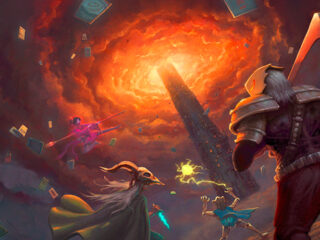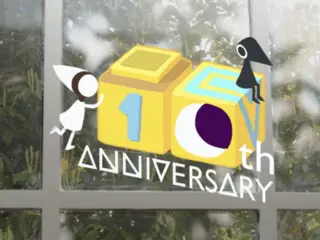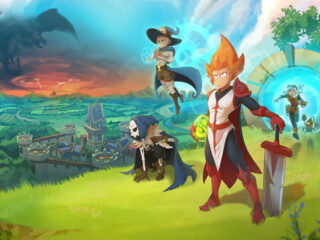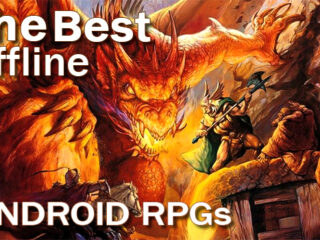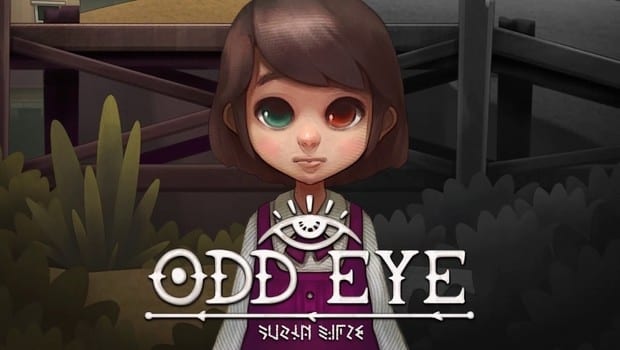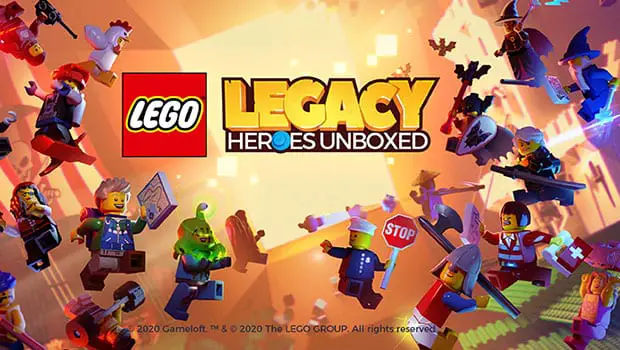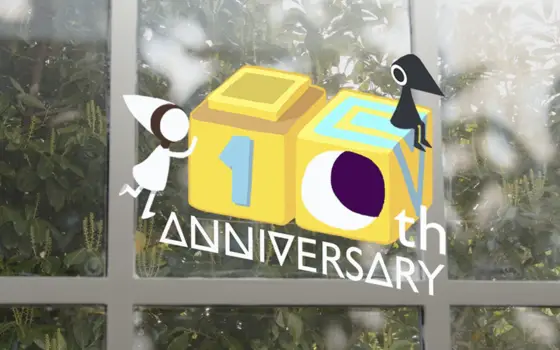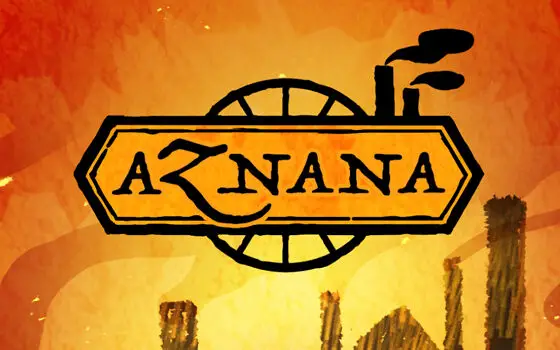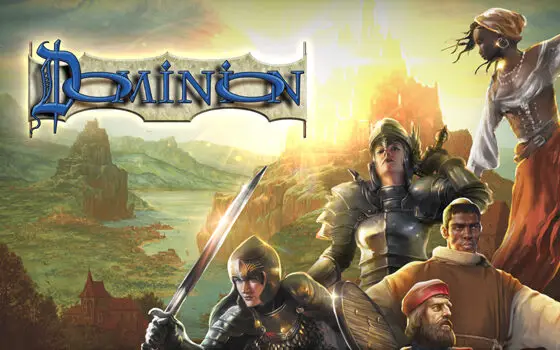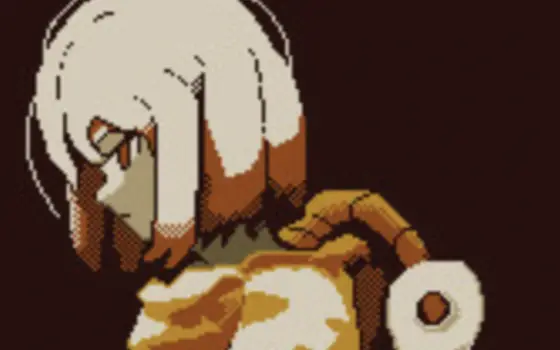Two Worlds with Little to See
Odd Eye breaks few boundaries, employs an uncompelling atmosphere and feels entirely derivative—not a surprise given most YouTube comments sections beneath Odd Eye videos feature numerous users reporting the game is strikingly similar to the acclaimed Fran Bow, an indie dark adventure and mystery story released in 2015 for Steam and mobile platforms.
It’s best to talk bluntly about Odd Eye because it delivers an unexciting adventure. As a spooky-looking platformer with puzzle elements, I expected a grand journey. Instead, I was treated to a vague opening cutscene depicting a bland world—or rather two bland worlds. Separated from her parents, the main character, whose background is shrouded in mystery at the game’s onset, must travel the apocalyptic and abandoned world to find meaning. She has two different colored eyes, each which allow her to see different realities that overlap on top of each other. In theory, this sounds like a cool premise for a game. But it’s been done before in an unflatteringly similar way (unflattering to our friends at TheAnd Games, who more than likely ripped off the entire idea). Worse still, ads that trigger after death plague most of the experience. The premium version is only better because it eliminates ads. Unfortunately, the core gameplay isn’t-engaging, and the puzzles feel at many times gimmicky or at the very least frustrating.
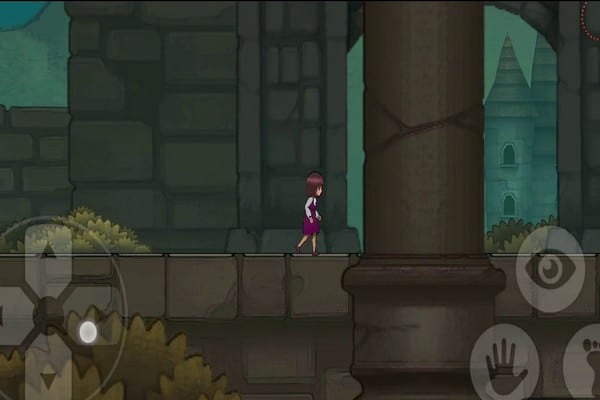
Odd Eye‘s Questionable Presentation
Odd Eye’s atmosphere is a little limp. It’s going for a decrepit, almost Halloween-esque, feel, but the music is slightly too soothing to drive that feeling home. As a platformer, the game is alright. The jumping and running elements are passable. But there is no flair that would make a player decide to pick up the title more than a few times. Visually, the main character runs with a strange hunch—she’s nearly crouching, tiptoeing around at a jogger’s pace.
With 30 levels, the title doesn’t feel like a complete waste. But the gameplay gives players little reason to follow through to the end. The game’s most interesting feature is how you complete each level while switching between two overlapping worlds. This mechanic is cool in theory; however, Odd Eye fails to execute it well. It’s obvious whenever you must switch realities for a puzzle—many of the reality-swap elements are repeated. In many cases, you’re either using reality-swap to pause movable platforms in the base reality, or you’re switching to one to gather information, then switching back to the original to use that info. This often boils down to counting a sum of objects and then entering this sum into the other reality. It’s far more confusing to talk about than exciting to play.
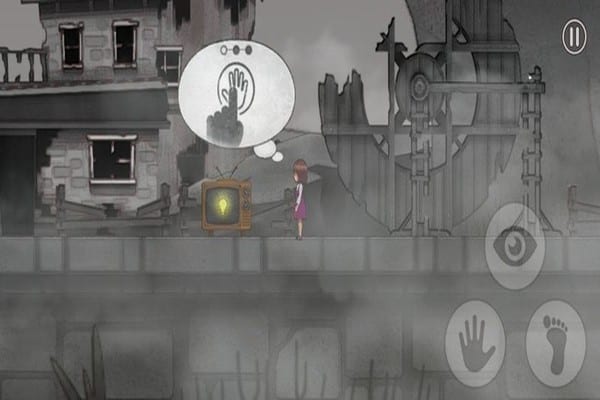
Game Elements Detracting from One Another
On the surface, creating Odd Eye as a platform adventure with puzzle elements sounds like a decent design philosophy. Due to the game’s movement and pacing, however, the combined mechanics work against each other rather than to each’s benefit. Odd Eye is not a mechanically intensive platformer requiring crisp, precise inputs. Rather it drags along at a slow pace. The game’s puzzles, fun at first, quickly start to feel like hindrances as they repeatedly remove you from platforming. Even your character’s movement speed is slow. Never did I fail a platforming challenge because I was considering multiple variables. In fact, most times I failed were due to collision glitches and hitboxes that don’t match their in-game-models. Fail a section and you typically must wait as the moving platform sloughs its way over to you once more.
If Odd Eye sounds interesting to you, try the free version. The incessant ads may drive you mad, but at least you will find out for yourself whether this game is worth its $3.49 price tag. Though I believe this game is not worth its price tag. It’s hard for me to give it a passable score when Android and iOS are home to hundreds of capable platformers, many ports of their console originals, that are more than worth your time and money.
Hardcore?
Nah...
Masquerading as a mystery-adventure hybrid, Odd Eye delivers a lacking platforming experience. Slow gameplay and messy collision hitboxes turn what could have been a relaxing experience into a frustrating waiting game.


